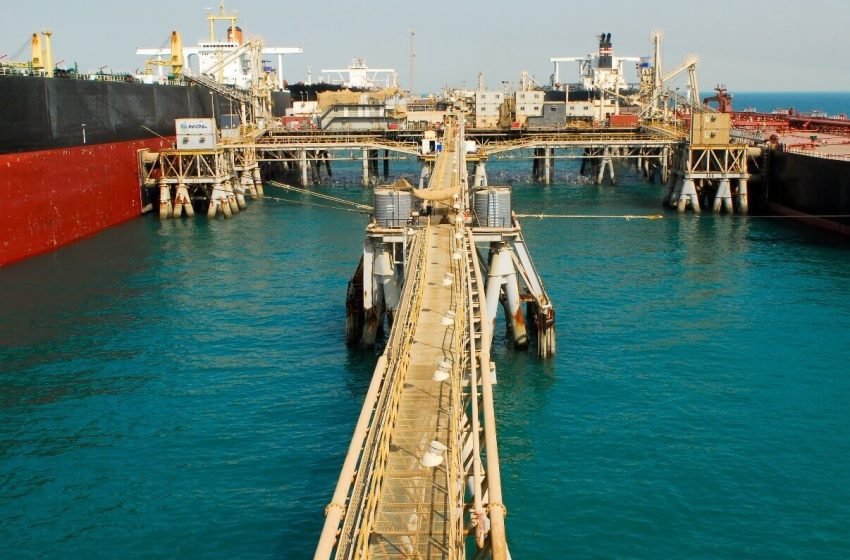Iraq Ministry of Oil announced the final oil export figures for September, confirming stable crude sales and steady market performance despite global price volatility. The country exported a total of 102.15 million barrels of crude oil during month, maintaining its firm position among leading global energy suppliers and showcasing the resilience of its oil sector.
According to the official Iraq Ministry of Oil statement, all exports came from the central and southern oil fields, while production and export figures from the Qayyarah region were not included in this month’s report. The average daily export rate reached 3.405 million barrels per day, consistent with Iraq’s OPEC+ production targets and its national energy strategy to sustain output and market balance.
The Ministry reported total export revenues of $6.96 billion, with an average selling price of $68.18 per barrel. These earnings highlight Iraq’s ongoing reliance on crude oil as its main source of national income, accounting for over 90% of government revenues. Despite this dependence, the government continues to prioritize diversification by encouraging private-sector growth and developing alternative sources of income.
Oil remains the cornerstone of Iraq’s economic stability, supporting budget spending, infrastructure development, and public services. The Ministry reaffirmed its commitment to stable export operations, emphasizing continued coordination with international partners and investment in modern export infrastructure to enhance efficiency.
Officials also pointed to ongoing projects to upgrade export terminals, modernize monitoring systems, and improve production capacity. These initiatives are part of a broader plan to secure sustainable growth, attract foreign investment, and strengthen Iraq’s role in the global energy market.
Despite challenges such as fluctuating oil prices, regional tensions, and shifting global demand, Iraq’s oil exports have remained consistent. The Ministry confirmed that future reports will continue to provide transparent data on production and revenues to ensure public confidence and accountability.


